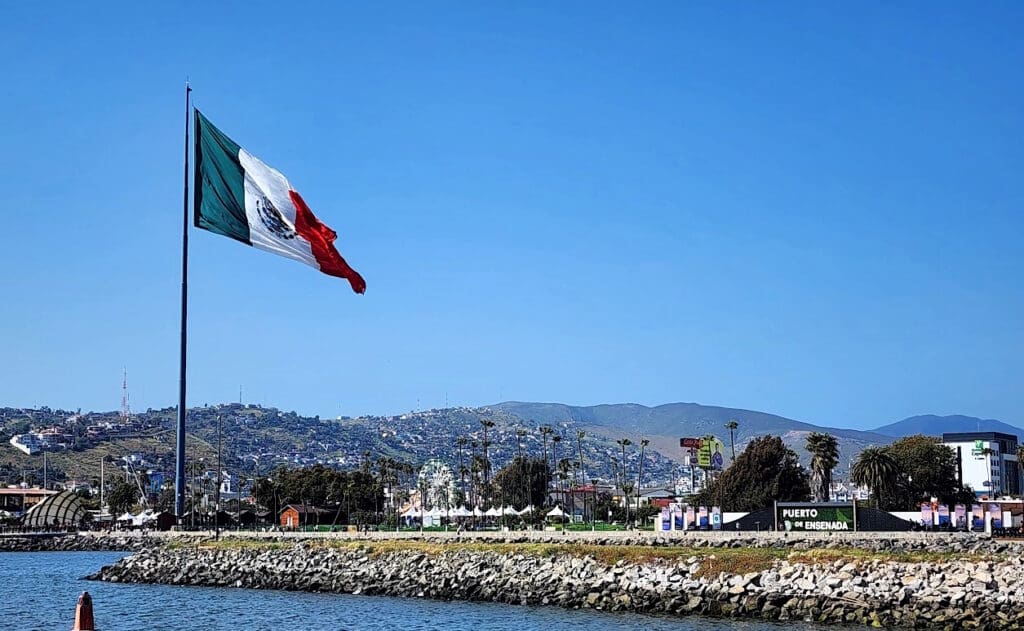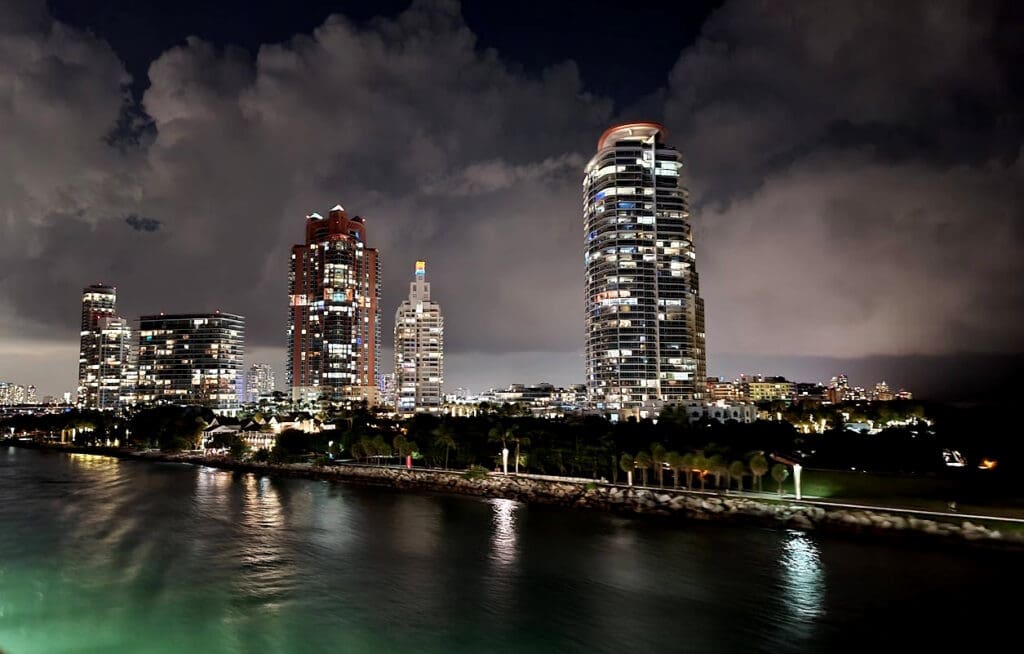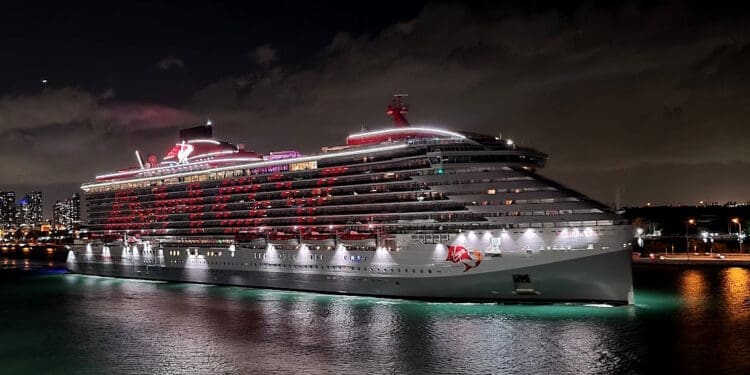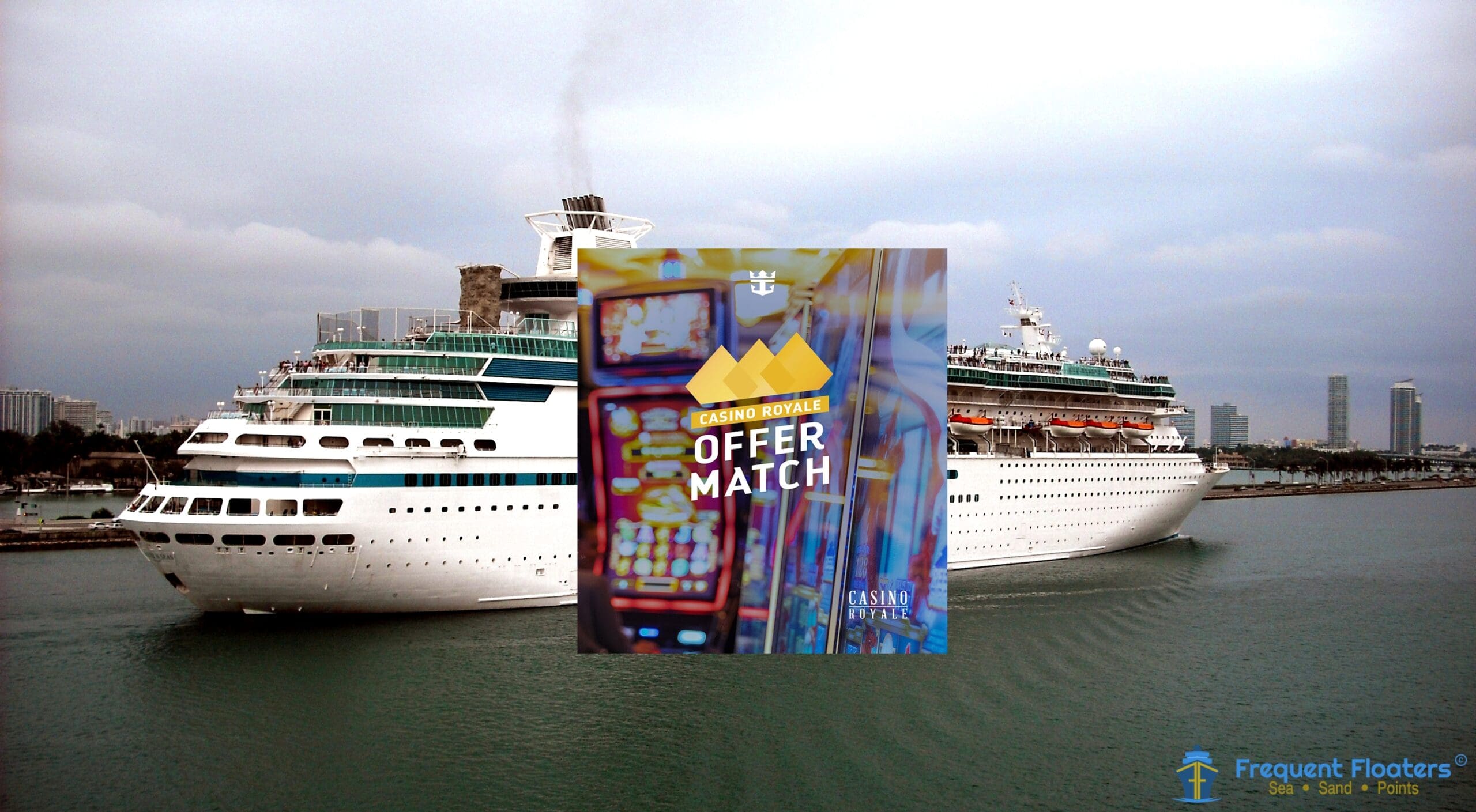Advertiser Disclosure: Eye of the Flyer, a division of Chatterbox Entertainment, Inc., is part of an affiliate sales network and and may earn compensation when a customer clicks on a link, when an application is approved, or when an account is opened. This relationship may impact how and where links appear on this site. This site does not include all financial companies or all available financial offers. Opinions, reviews, analyses & recommendations are the author’s alone, and have not been reviewed, endorsed, or approved by any of these entities. Some links on this page are affiliate or referral links. We may receive a commission or referral bonus for purchases or successful applications made during shopping sessions or signups initiated from clicking those links.
My country’s language is (insert language here). Simple enough, right? Well… No. Until they go on a cruise and interact with crew and guests from a wide variety of nationalities, most people don’t realize there’s a lot to the language a person speaks, especially so for crew members craving to be considered for promotions or position changes.
Over the years I have worked on board, one of the most interesting facts of the on-board experience has been learning about the languages people speak and the unexpected aspects they entail.
Take the Philippines, for example. Their official language is Tagalog, and if you’ve been onboard a cruise ship, you probably know what it sounds like. However, amongst the hundreds of islands and different regions, there are more than 100 languages, and as many as 175 dialects! What’s even more impressive is that there are areas where people don’t speak the more official language at all, and stick to the regional language or dialect.

A similar case is in India, where the official language is Hindi, but there are 23 official languages throughout the country, and more than 120 spoken otherwise. This is not limited to slang, grammar or vocabulary, but even entire alphabets that differ from one another.
But you don’t even have to go so exotic to encounter these situations. Take Italy, for example. While in Naples, I visited a local restaurant with an Italian friend who comes from Messina, a completely different region in Italy. Upon being seated, we were given a menu in Napolitan, which not even my Italian friend could decipher. That’s how different the dialect was.

Additionally, people from certain nationalities seem to be “blessed” with a variety of mainstream languages as part of their upbringing. Most people from Belgium or Switzerland speak at least 3 languages, which comes in handy in most areas of the planet.
Onboard, however, the languages a crew member speaks, whether part of their nationality, or learned along the way, could easily determine the direction of their career, and more often than not, the itineraries (and hence ships) they will be assigned to.
Not every department or position will benefit from having a multilingual crew as part of their team, especially behind the scenes (cooks, …), but in most front-of-the-house positions, it’s a valuable perk. Of course, promotions will still depend on the skills and knowledge necessary for each position, but speaking extra languages will certainly tip the scale. – ThatGuy (onboard)
Advertiser Disclosure: Eye of the Flyer, a division of Chatterbox Entertainment, Inc., is part of an affiliate sales network and and may earn compensation when a customer clicks on a link, when an application is approved, or when an account is opened. This relationship may impact how and where links appear on this site. This site does not include all financial companies or all available financial offers. Opinions, reviews, analyses & recommendations are the author’s alone, and have not been reviewed, endorsed, or approved by any of these entities. Some links on this page are affiliate or referral links. We may receive a commission or referral bonus for purchases or successful applications made during shopping sessions or signups initiated from clicking those links.











It would be informative if we could find out the wages the staff on cruise ships receive, i.e. room stewards, bar tenders, waiters, etc. We always tip our room stewards and they always appear extremely grateful. If you’ve done this before, maybe a reference article would be great.
@John – Jumping in for ThatGuy here. Sharing wage info is a big NO-NO for crew and can cost them their job. Here is a post regarding tipping ideas: https://eyeoftheflyer.com/tips-on-cruise-ship-tipping-who-and-how-much-to-tip/
It seems like certain departments tend to have a majority of people from a certain country. Do the lines try, for instance, to get most of their housekeeping staff from one country so they can communicate more easily amongst the team, or is this simply a coincidence based on where the recruiting centers are located? We’ve noted for example that a lot of the kitchen teams are from India, housekeeping from the Philippines, bar staff from Ukraine, etc.
@DLPTATL – I think that most positions in the bridge and engine require certifications and licenses that are more available in some countries than others, like in captain licenses in Norway or Sweden, or even Panama! Other than that, when fewer requirements are needed, we get crew from countries where candidates abound. I don’t think communicating in the same language plays any part of it, as the official language on board is in most cases English, and we’re not supposed to speak or own language in public.
@That Guy – Thanks! Haven’t had a Panamanian captain yet, but many from Norway.